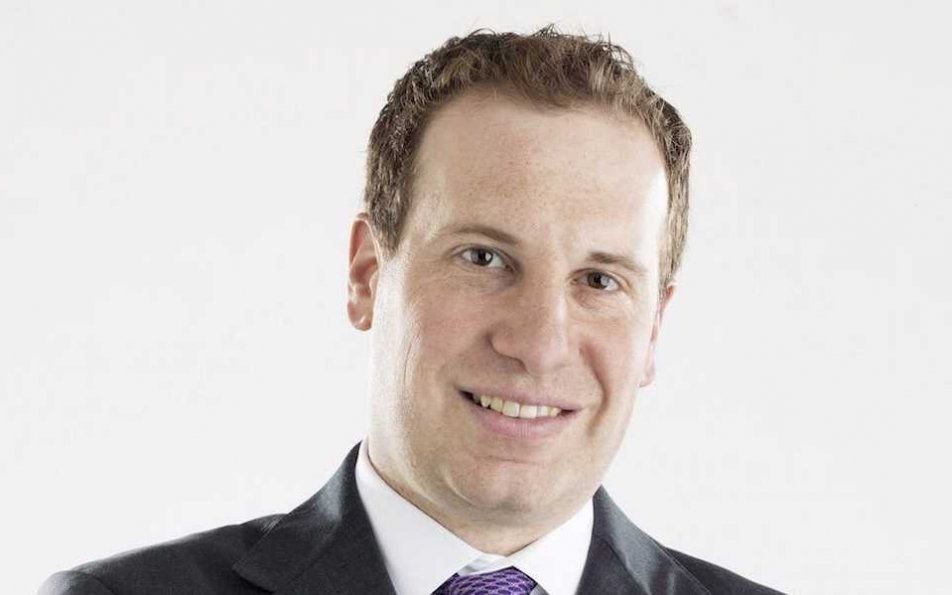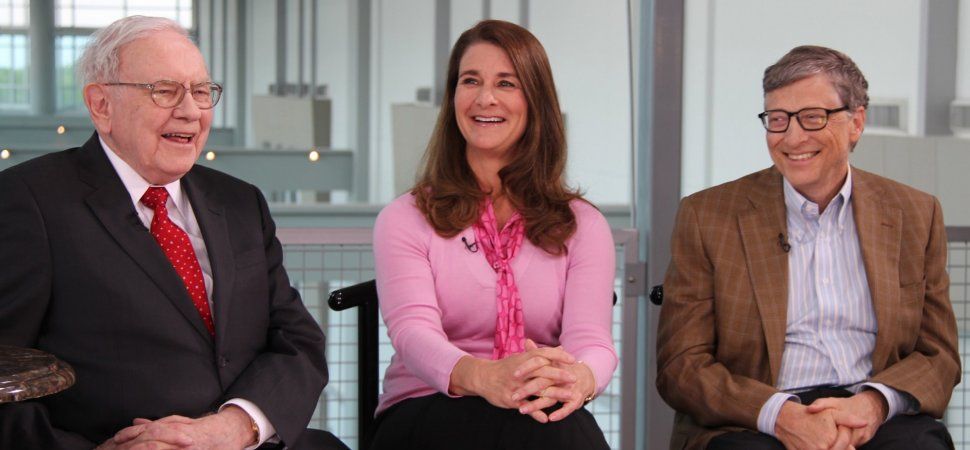I use to hate it when my dad insisted that I read something longer than 2 paragraphs. (Something related to his interests, but not to my school work, his career or our family). That’s because it shouldn’t require a 30 minute read to determine if it piques my interest, as it does his.
But I am asking Lifeboat readers to invest 37 minutes in the video linked below. Even if you give it just 5 minutes, it will provide sufficient motive for you to stick around until the end. [continue below video]
I want you view it because we are on the threshold of something bigger than many people realize. Bitcoin and the blockchain is not just a new currency or a way of distributing books among network users. We are becoming involved with a radical experiment in applied game theory that is shockingly simple, but nascent. Opportunities abound, and the individuals who recognize those opportunities or learn to exploit them will benefit themselves as they benefit the global community. Because it is so radical (and because it clashes with deeply ingrained beliefs about authority, control mechanisms, democracy and money), it seems complex and risky—but it’s really not.
I am a Bitcoin educator and columnist. I have taught college seminars in Bitcoin and I will be keynote speaker at the 2017 Digital Currency Summit in Johannesburg. I design online courses for the most popular cryptocurrency self-learning groups. But Antonopolous runs circles around me. He is a Bitcoin evangelist extraordinaire. All of his presentations are superb, but this one provides context. It conveys an understanding that Bitcoin novices and professionals equally appreciate. It answers questions the viewer hadn’t asked, but would have.
There are hundreds of videos and PowerPoint presentations that explain how Bitcoin works. But they rarely provide context. Few of them convey why it is such an important development and why it has overtaken biotech & pharmaceuticals as the focus of VCs . Few can explain why an ethereal Bitcoin (a unit that you cannot hold) has just surpassed the value of a unit of gold. And few people realize that volatility has been abating as the increase in value and adoption is surging.
As you watch Antonopolous, you are certain to think about things that you did not previously know—or at least, that you did not reflect upon. My purpose in asking you to view it, is not to sell you on Bitcoin or the blockchain, but to provide the context that may help you to code, consult, write articles, teach, begin trading, start saving, and more.
Philip Raymond co-chairs Crypsa & Bitcoin Event, columnist & board member at Lifeboat, editor
at WildDuck and will deliver the keynote address at Digital Currency Summit in Johannesburg.






